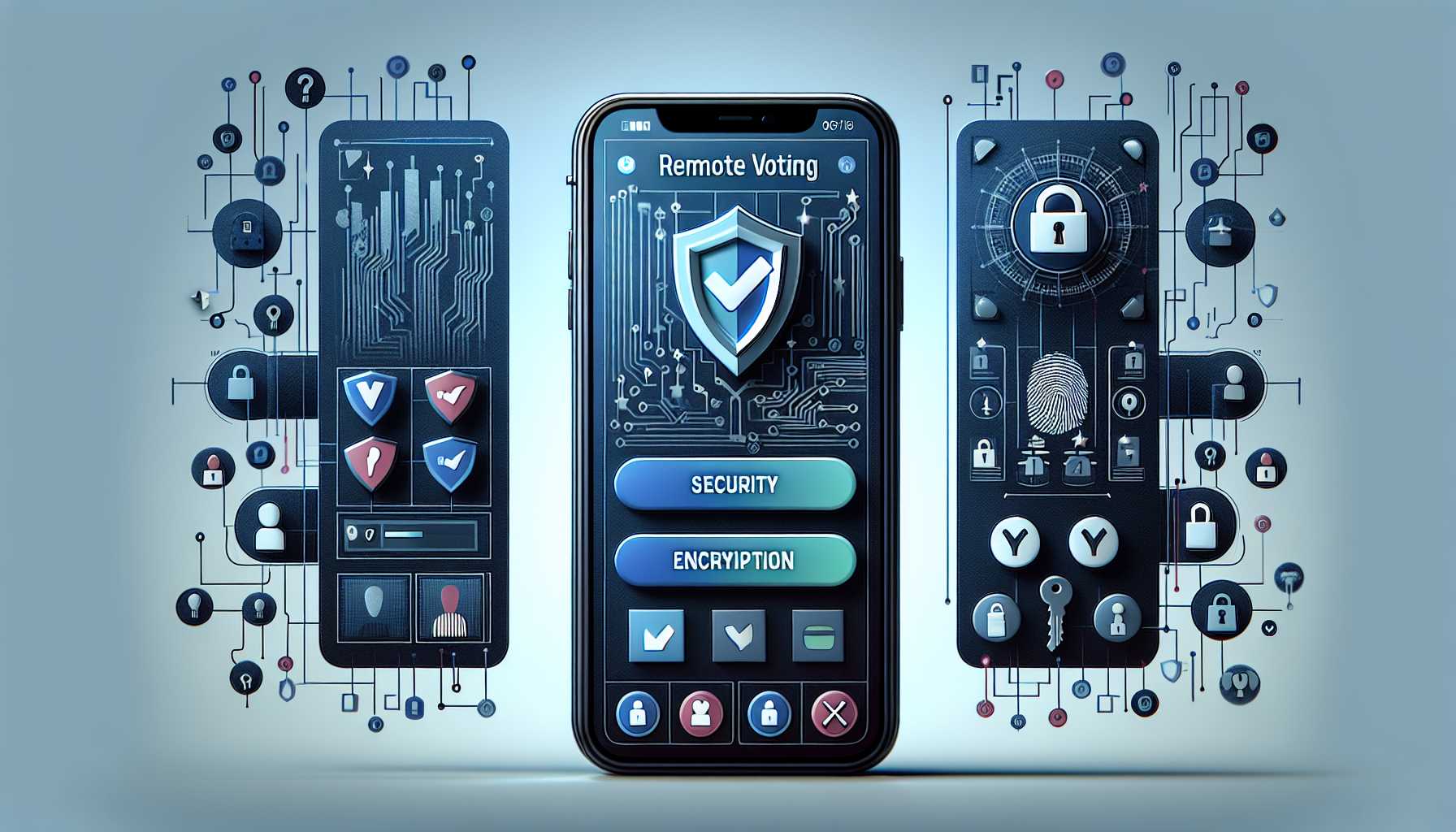In the ever-twisting narrative of global politics, technology consistently emerges as a wildcard, imbuing the powerless with potent tools to challenge the status quo. In today’s incisive dissection, we’ll explore how blockchain technology – a topic that gets every tech enthusiast’s heart racing – is being harnessed in a David versus Goliath showdown of digital proportions. Buckle up, folks—this one’s a cyber-thriller!
1. The Ballet of the Ballots: A Digital Dissent
Let’s set the stage: Russia, a country steeped in controversy, an election etched in predictability, and a landslide that left many unconvinced. While Putin’s victory hardly raised eyebrows, the murmurs of discontent whispered a different story. Enter exiled opposition leader Mark Feygin, the maestro behind a symphony of subversion, played not on instruments, but on the immutable chords of blockchain. For the uninitiated, imagine blockchain as a digital ledger, decentralized and resistant to tampering, akin to an incorruptible digital fortress guarding the sanctity of data. It’s like a nightclub bouncer for information, ensuring only the valid entries make it onto the list.
2. The Russia2024 App: The Anonymity Axiom
Harnessing the Arbitrum blockchain and the arcane arts of zero-knowledge cryptography – a way to prove a statement without revealing the secret behind it (like convincing someone you know the secret recipe to KFC’s chicken without giving it away) – Feygin introduces the Russia2024 app. Here’s the kicker: this isn’t your average voting booth where the curtains might be just sheer enough to cast doubt. No, this app is a digital confessional, offering 34.6 million Russian passport holders a shot at anonymous protest. So, if you’re Russian and reading this, think of it as Harry Potter’s invisibility cloak for your political voice.
3. Unveiling the Freedom Tool: A Decentralized David
Lasha Antadze, co-founder of the Freedom Tool and a digital David facing the Goliath of governmental control, is a character worth noting. With Ukrainian and Georgian passports in his arsenal, and a history of digitizing state assets, he champions decentralized voting like a crypto-crusader at a hacker conclave. The Freedom Tool is more untouchable than the moon, designed to slip through the fingers of any would-be digital despot. And while Apple might have initially played the role of a contemporary Pontius Pilate by washing its hands of the app, Google has donned the hero’s cape, keeping it available for those seeking digital salvation.
4. Technology as Wartime Defense
In wartime, narratives often become as pivotal as the battles themselves. The Russia2024 app’s inception amidst the smoldering backdrop of the Ukrainian conflict casts it in a starkly different light. Here, it’s not merely a voting system; it’s a digital bunker, a means of preserving a sovereign voice amidst the cacophony of war drums. Antadze’s narrative is compelling—a technology born of conflict but with open-source roots spreading far beyond its immediate borders, nurtured by contributions from cryptographic maestros, potentially revolutionizing how we perceive election security globally. It’s less ‘tech news’ and more ‘tech zeitgeist.’
5. The FTX Crypto Exchange Hack and the Shadows of Suspicion
In a plot twist worthy of the finest techno-thrillers, we turn our gaze to the murky depths of cryptocurrency heists. The FTX crypto exchange hack, which might sound to the uninitiated like a plot from “Mr. Robot,” hints tantalizingly at Russian involvement. Now, while blockchain promises a future unfettered by Orwellian oversight, it’s not without its own shadowy alleyways. Hacks like these underscore the infancy of our digital defenses and provide a sobering soundtrack to the siren songs praising technology’s potential.
Closing Bits
Feygin’s initiative, powered by the intrepid crusade of tech visionaries like Antadze, unfolds like a cyberpunk saga where code is the ultimate rebel and blockchain the unbreakable shield. It’s a narrative that’s as compelling as it is crucial, offering a glimpse of a future that might just redefine the way ‘the people’s voice’ is heard—loud, clear, and encrypted. And to you, dear reader, in whatever corner of the digital or physical world you find yourself: remember that technology—the runaway child of human intellect—is a wild card in the hands of those with the courage to play it. The Russia2024 app is more than a protest; it’s a digital insurrection. So, let’s power up those screens and watch, wide-eyed, as the story of our times unfolds in binary.





